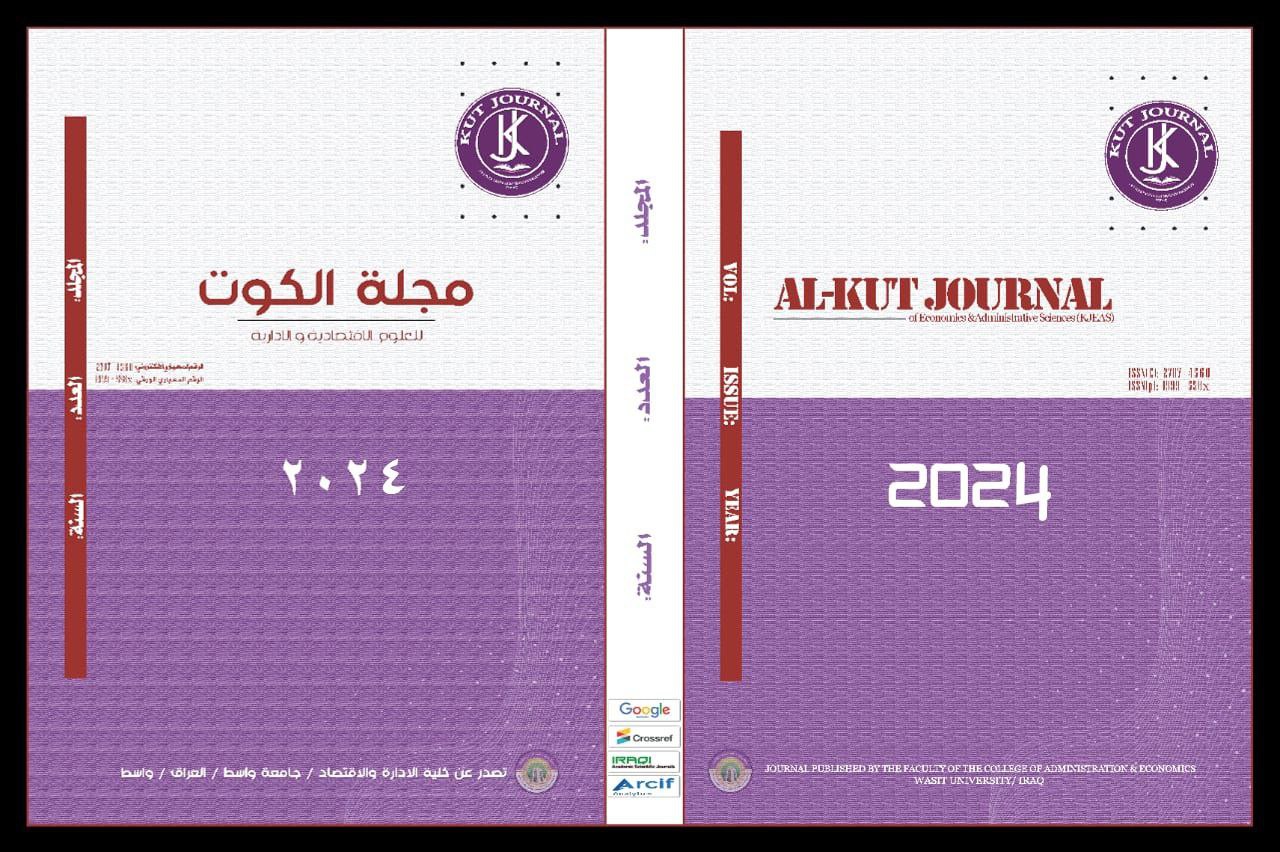Abstract
This study aims to explore the impact of lateral relations, particularly informal relationships, on the adoption of the Balanced Scorecard (BSC) in the General Board of Tourism (GBT) which is a public sector organization in the Kurdistan Region (KR). An explanatory approach and qualitative method, specifically case study, is utilized. For the data collection, semi-structured in-depth interviews were conducted with key members of the GBT, and content analysis was employed for the analysis. The findings reveal that the BSC is proposed as a strategic Performance Management and Measurement (PMM) tool in the GBT. The results suggest that lateral relations play a significant role in facilitating PMM processes. Although this study is limited to a single case study organization, but it offers practical implications by demonstrating how lateral relations influence the adoption of the BSC. Organizational policies that promote the use of informal (lateral) relations are recommended to enhance PMM processes. Finally, this research contributes to the literature by providing insights into the influence of lateral relations and their consequences in the context of BSC adoption
Keywords
: strategy
BSC
Kurdistan region
lateral relations
PMM
Public sector
